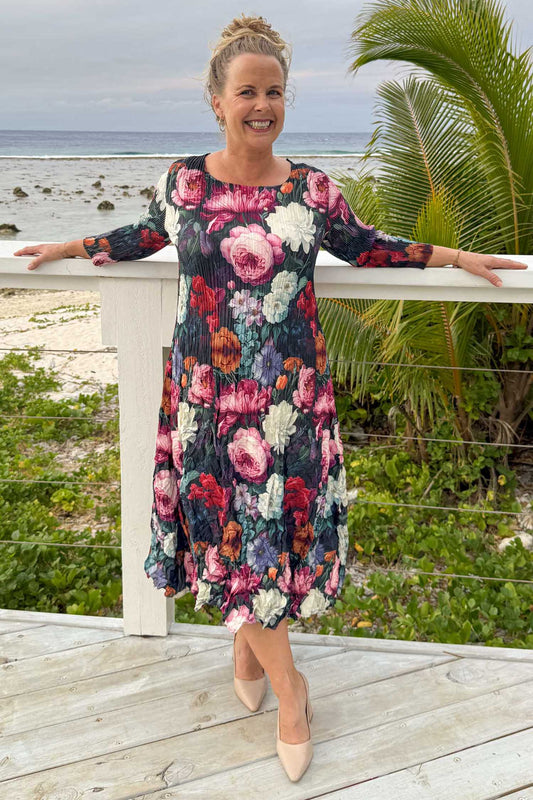
UNICEF describes child poverty as ‘children who experience deprivation of the material, spiritual and emotional resources needed to survive, develop and thrive, leaving them unable to enjoy their rights, achieve their full potential or participate as full and equal members of society.’ It does depend on who you are listening to, but the actual number of children living in severe poverty in New Zealand is reported to be from 295,000 (UNICEF figures) to 85,000 (Child Poverty Monitor.)
Living in poverty means different things – it can be as severe as having to live in a car, or not having a school lunch. It could be living in a damp and mouldy home, with all the related health issues. To some though it might be that they can’t afford the music lessons, or the extra-curricular sports activities that their peers enjoy. There are also the issues of social exclusion and peer pressure – children are often bullied for not wearing the right clothes, or not having the latest gadgets and technology. Some children in this country may be poor compared to the offspring of a doctor or lawyer, but compared to children living in third world countries they are not – it all becomes a matter of perspective
Too many people in New Zealand are classified as poor – they go from pay-day to pay-day, with nothing in reserve for emergencies, however not all children living in these homes go to school without lunches, or shoes to wear. But a lack of money often causes stress, and not everyone can cope with stress – this is when people and their families can descend into chaos. Some people are pre-disposed to poverty – they come from disadvantaged homes, often with a single parent on a benefit, with very poor or limited parenting aspirations or skills, and they move from one sub-standard home to another, many leaving rent arrears in their wake. It has been said some people are born disruptive, but most become disruptive through the environment they are bought up in and the role models and value sets they are exposed to.
When asked about child poverty in late 2016 Judith Collins said money was available for those that needed it and money was not the only the problem. “It’s not that, it’s people who don’t look after their children, that’s the problem. And they can’t look after their children in many cases because they don’t know how to look after their children or even think they should look after their children. I see a poverty of ideas, a poverty of parental responsibility, a poverty of love, a poverty of caring.”
Her comments may not be very politically correct, but she is right – child poverty has not been cured by throwing more money into these dysfunctional families, as many of the caregivers for these children do not know how to make (what we would class as) good decisions with that extra money.
Both major political parties, Labour and National, have announced they are on a mission to end child poverty in New Zealand, but when asked about their methods there is nothing new entering the conversation. Jacinda Ardern says she will put a child poverty reduction target into law, and her entire reason for getting into politics is to rid the country of this problem. Bill English does seem to realise that money is not the only remedy – “There’s two things you need to do enable those in the poverty space to lift incomes, the other is get inside the very toxic mix of social issues which we know are family violence, criminal offending and long-term welfare dependency.” We need to BREAK the cycle – and its starts with the kids and their parents.
And back in the real world…..we have people who are either unable or unwilling to parent properly yet continue to bring children in to the world as they appear to know no other way. They live in substandard homes and are surrounded by a world of crime, drugs and violence that becomes their normal. If we focus on this group, educate, motivate and inspire them through a community wrap around (not another government handout) and give them dreams and aspirations – then we are well on the road to solving this massive social problem.
So, the million dollar question – how do we do that? Is it time for a new values set, the right connections, and wrap around community support that will possibly get the better result here – as we all know that in our world of advantage the best way to derail a child is to throw money at the problem. Time and values are key to growing great New Zealand kids. Once again, what we are doing is not working – we need to re-think and quickly. All of us need to be prepared to assist in making the change.












